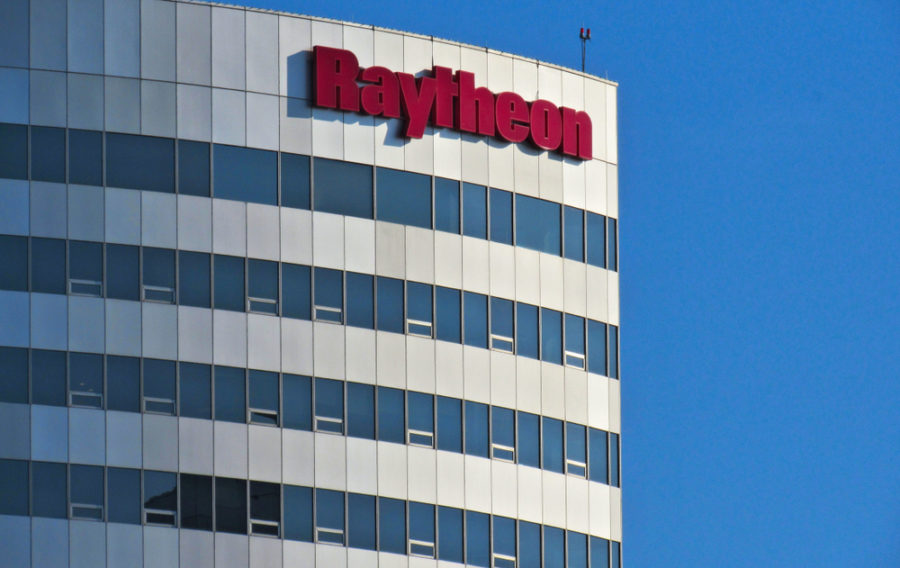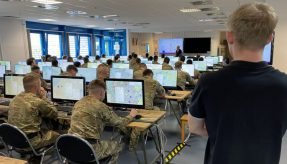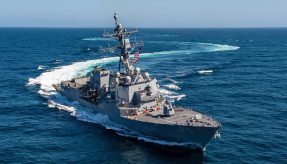
The European Commission has conditionally approved, under the EU Merger Regulation, the proposed acquisition of Raytheon by United Technologies Corporation (UTC).
The approval is conditional on the divestiture of a remedy package.
The transaction combines UTC’s aerospace businesses and Raytheon’s defence business. Both companies are global suppliers of military systems and equipment to aircraft and guided munition producers, as well as armed forces.
The Commission’s investigation
During its investigation, the Commission gathered extensive information from a broad range of defence contractors, as well as directly from armed forces of the European Economic Area (EEA).
The Commission had concerns that the transaction, as originally notified, would have reduced competition in the markets for military GPS receivers and airborne radios.
Following its investigation, the Commission found that:
- Concerning military GPS receivers, UTC and Raytheon are two of the very few suppliers of the core military GPS technology wolrdwide, thus including in the EEA, which in turn constitutes a critical input for a broad range of military systems. Therefore, the merged entity would have faced very limited competition from alternative suppliers following the transaction.
- Concerning military airborne radios, UTC and Raytheon are two major suppliers of these systems worldwide and, in particular, the only two real options currently available to US military aircraft manufacturers. EEA armed forces procure a variety of military aircrafts from US manufacturers, therefore the Commission was concerned that the concentration would result in harm to EEA armed forces, including higher prices.
The Commission concluded that vertical links between UTC and Raytheon’s activities did not result to harm to competition, mainly because the merged entity would have neither the ability nor the incentives to restrict competitors’ access to essential input or to a sufficient customer base.
The Commission also investigated whether the merged entity could use systems or components in its portfolio to shut out competitors, through practices such as bundling. The Commission concluded that the merged entity would have neither the ability nor the incentives to engage in such strategies and harm competition.
The proposed remedies
To address the Commission’s concerns, UTC and Raytheon offered to divest the following activities:
- UTC’s entire military GPS receiver and anti-jamming business, located in Cedar Rapids and Coralville, Iowa, United States;
- Raytheon’s entire military airborne radios business, based in Fort Wayne, Indiana, United States.
UTC and Raytheon intend to sell both divestment businesses to BAE Systems, the UK-based defence and aerospace company.
The proposed remedies remove the entire horizontal overlap between UTC and Raytheon in both military GPS receivers and military airborne radios globally.
The Commission therefore concluded that the proposed transaction, as modified by the commitments, would no longer raise competition concerns in the EEA. The decision is conditional upon full compliance with the commitments.
International cooperation
Given that both companies are very important suppliers of military equipment in the US, the Commission has cooperated closely with the US Department of Justice. Likewise, the Commission has been in regular contact with the Canadian Competition Bureau.
Companies and products
UTC, headquartered in the US, provides products and services for the building systems and aerospace industries globally.
Raytheon, also headquartered in the US, is a defence contractor that supplies defence, civil government and cybersecurity solutions with a core focus on missiles and air defence systems, radars and electronic warfare.
Merger control rules and procedure
The transaction was notified to the Commission on 24 January 2020.
The Commission has the duty to assess mergers and acquisitions involving companies with a turnover above certain thresholds (see Article 1 of the Merger Regulation) and to prevent concentrations that would significantly impede effective competition in the EEA or any substantial part of it.
The vast majority of notified mergers do not pose competition problems and are cleared after a routine review. From the moment a transaction is notified, the Commission generally has 25 working days to decide whether to grant approval (Phase I) or to start an in-depth investigation (Phase II).
image © Daniel J. Macy / Shutterstock.com
If you would like to join our community and read more articles like this then please click here.







